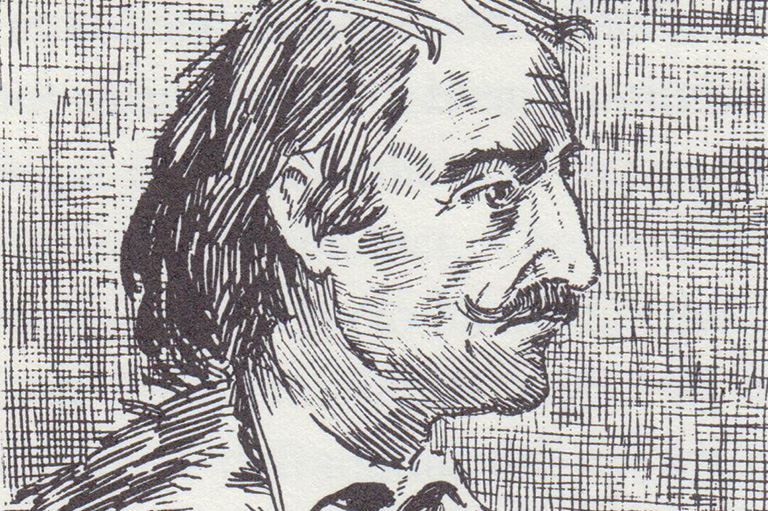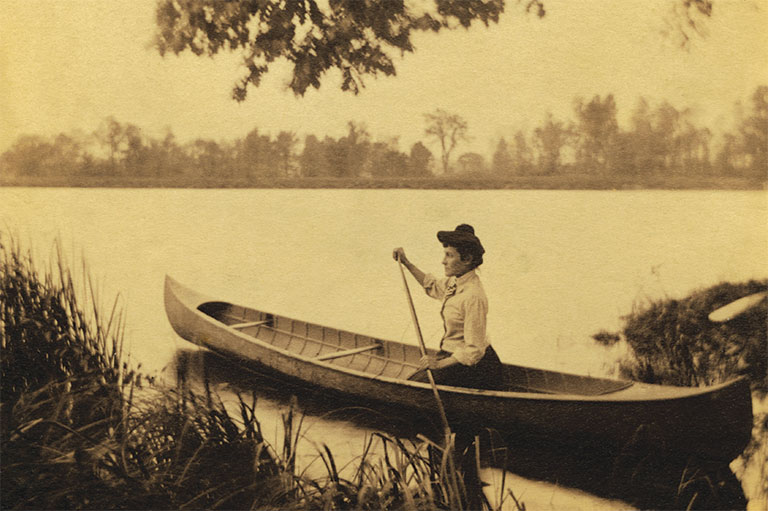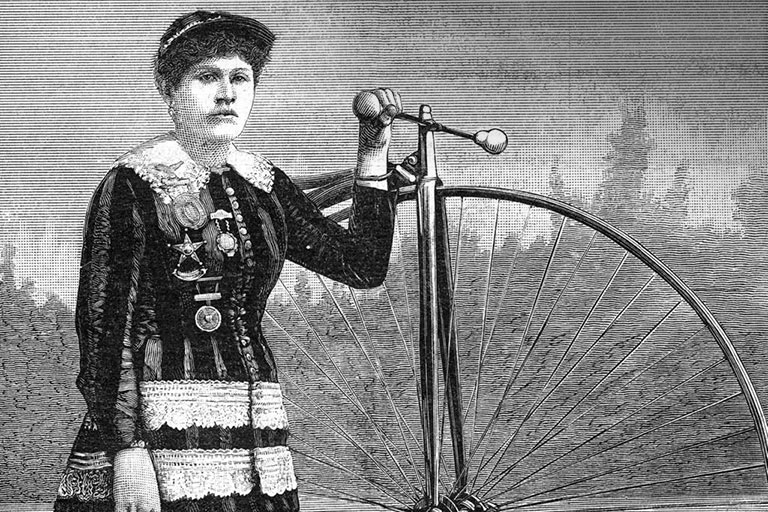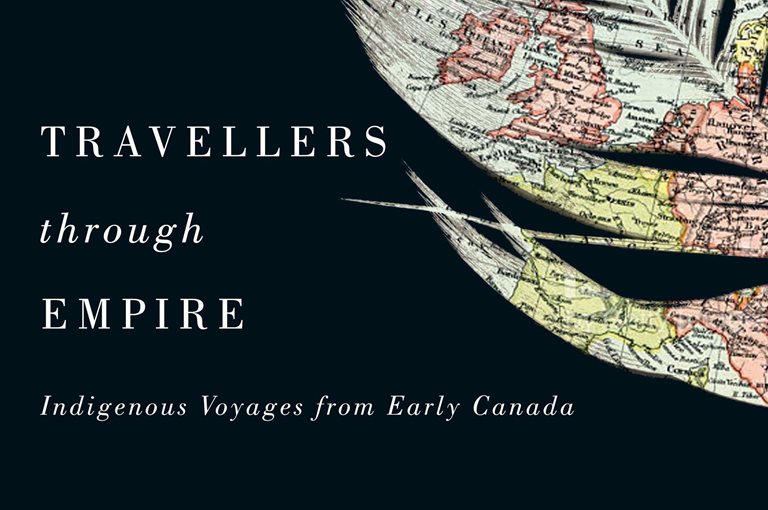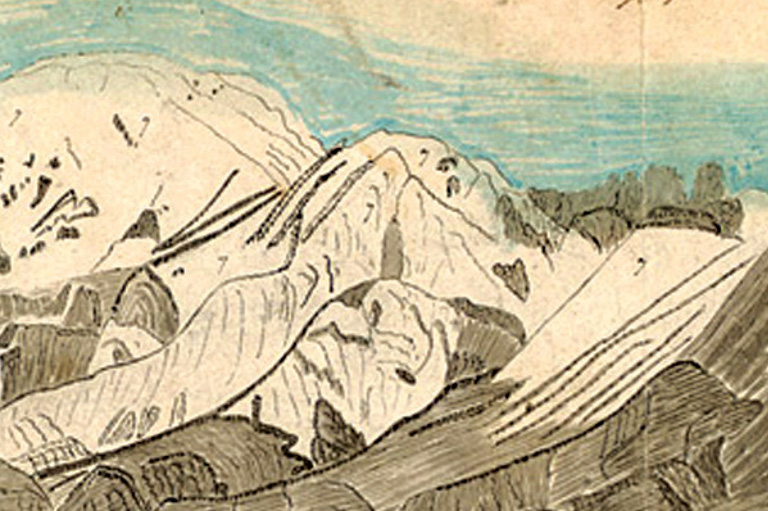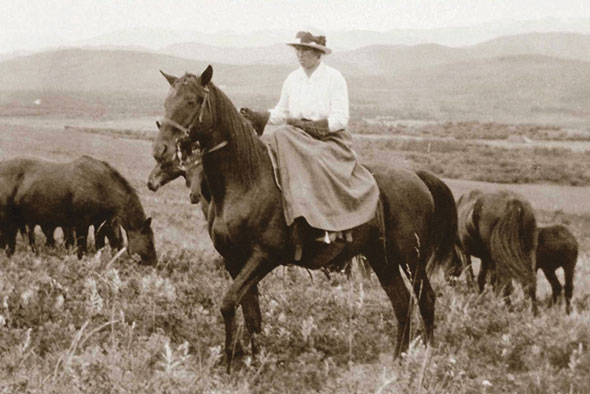An Aptitude for Exploration
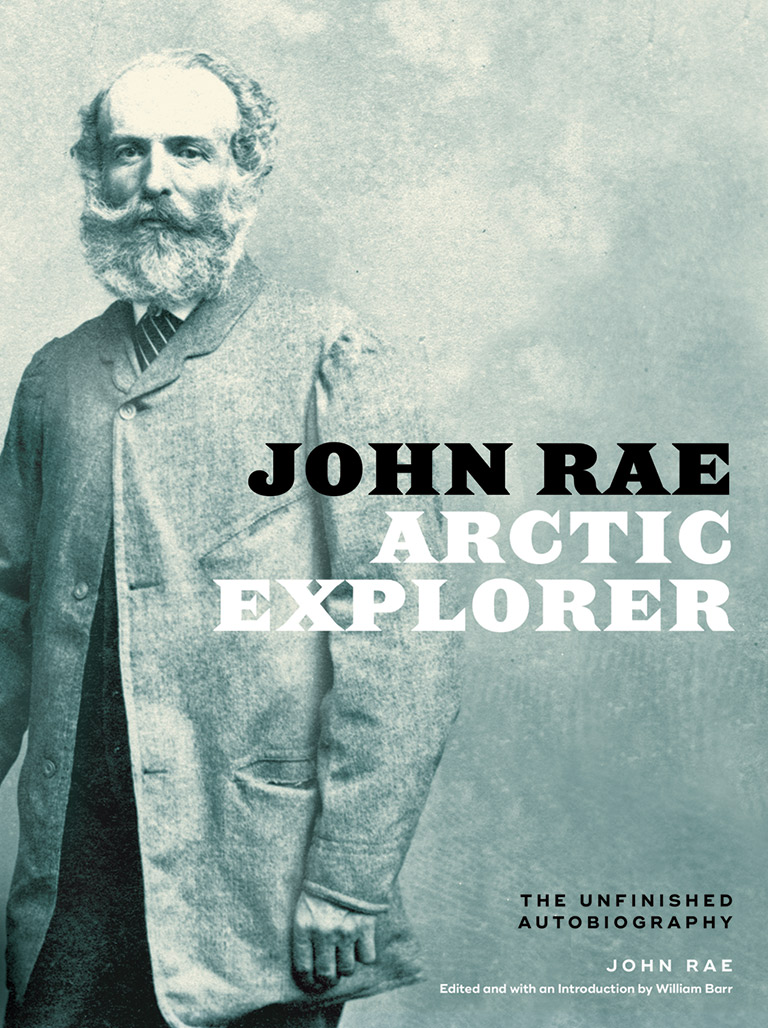
Born on Scotland’s Orkney Islands, John Rae followed his father and two older brothers when he joined Hudson’s Bay Company in 1833. He served first as a ship’s doctor and then as medical officer at Moose Factory, on the shore of James Bay, where he took the opportunity to learn survival methods from members of the Cree nation.
Impressed by Rae’s aptitude and skills, HBC Governor George Simpson placed him in charge of the district in 1844 and then selected him to survey the Arctic coast of Rupert’s Land. In 1846 Rae set out on the first of several expeditions to the Arctic, during which he surveyed vast stretches of coastline and identified the last previously uncharted portion of the Northwest Passage. In 1854, by questioning Inuit hunters, Rae determined the fate of the missing final expedition of Sir John Franklin and recovered remains such as spoons and buttons.
For John Rae, Arctic Explorer: The Unfinished Autobiography, editor William Barr has added notes, references, and other writings — all of which appear as originally written — to augment Rae’s previously unpublished manuscript. In the autumn of 1850, while heading north in search of Franklin, Rae prepared to winter at Fort Confidence on the shore of Great Bear Lake. As Barr writes, “Strangely, perhaps, the first progress report that Rae sent to the outside world after his arrival at Fort Confidence was to a New York newspaper.”
Letter from John Rae to the editor, the Albion, New York, Fort Confidence, Great Bear Lake, October 24, 1850
Sir,
The protracted absence of the excellent Sir John Franklin and his gallant companions has excited so much interest and anxiety in the public mind, not only in England, but in all civilized communities, that I offer no apology for troubling you with the present communication, which, however unimportant in itself, may be thought worthy of a corner in your valuable paper, in consequence of the subject on which it treats, although I most sincerely hope, that long ’ere this reaches you, news may be received that some of the well-equipped sea expeditions to the arctic coast during the past summer has effectually relieved the long suffering explorers.
In addition to the several ship expeditions sent from England and the United States last season to search the Arctic shores, it was the intention of the Hudson’s Bay Company that two or more boat parties, formed from the officers and servants in this portion of their territories, should descend the Mackenzie River, and trace the coast east and west from its mouth, as far as practicable.
Being in charge of the Mackenzie district, I received instructions to the above effect from Sir George Simpson (the able and enterprising territorial governor) in the latter part of last June, when on the annual voyage to Portage La Loche or Methy Portage, with the furs &c., obtained in the winter. At the same time, Commander Pullen (who had come with a party of 12 men from Her Majesty’s ship Plover to the Mackenzie, in autumn 1849), being in company, on his way to England, via York factory, received orders from the Admiralty to return to the Arctic coast, and proceed alongshore eastward as far as Cape Bathurst, and then strike out to sea direct for Bank’s Land. Unfortunately, from unavoidable circumstances, the stock of provisions available at Fort Simpson and other stations in the district was so small that only one party could be sufficiently victualled; of course, precedence was given to Commander Pullen, and he immediately changed his course towards the north.
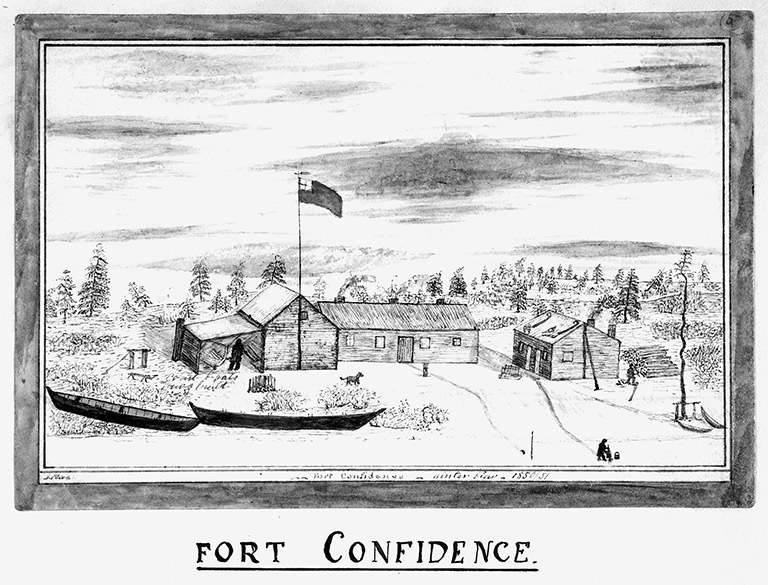
By the same conveyance I learned that Sir George Simpson had, with his usual perspicuity, ordered two boats loaded with pemmican and flour to be forwarded from Red River colony by the first open water in the spring and hese I hoped would reach it to some extent, westward. But in this I was disappointed, for, although we travelled with as much rapidity as possible from the portage where he met the boats, we did not arrive at Fort Simpson until the 16th of August, a date much too late to attempt what was intended to be done, as it would be the 20th or 25th of the month before we could reach the sea. Under these circumstances it was difficult to decide how the men and provisions at my disposal could be employed to most advantage.
Personal experience, which few have had an opportunity of acquiring, leaves me to believe that a part or all of Sir John’s party may still exist.
It being the belief of those on whose judgment most reliance can be placed that the missing vessels are shut up somewhere between the longitude of 103 deg. and 115 deg. West, and latitude 71 deg. North, it is evident that the most direct route thither from the southward is the Coppermine River, and that is the route I intend to follow next summer, if I receive no intelligence that the searching parties of this season have been successful. To carry out my intentions I started from Fort Simpson with two boats, Mr. H. M’Kenzie (an assistant) and 14 men, on the 23rd of August; owing to the head winds and stormy weather on this large lake I did not arrive here until the 10th ult. This is to be our winter quarters, and fortunately the houses were in as good condition as when I left them last autumn, requiring nothing but doors, windows, and a coat of mud to make them habitable. As we could not expect a long continuance of fine weather, no time was lost in establishing fisheries, and procuring venison from the natives, so as to lay up a winter stock, in which we have been more successful than I at one time anticipated, having already on hand about two months’ provisions for all our party, amounting to 18 persons and 18 dogs.
What I feared would be the most difficult matter to accomplish was the building of two boats light enough to be transported across to the Coppermine, as it was very generally thought that the wood in this neighbourhood was not suitable for this purpose, and the late Mr. Simpson mentions in his narrative that his carpenter had much trouble in finding boards sufficiently good to repair his boats. I am happy to say that we have succeeded much better than was anticipated, one of the boats being already more than half finished, and boards enough sawn to complete both. They are to be 22 feet keel, 6 feet 6 inches beam, and 2 feet 3 inches deep midships, exclusive of keel, and each rigged with two lug-sails.
We had by our own exertions, in a country previously unknown to us, obtained the means of subsistence for twelve months.
It may be supposed by many that to continue the search for Sir John Franklin beyond the summer of 1850, if not then found, would be a useless waste of time, labour and money; but with this supposition I cannot agree, and my opinion is founded on a personal experience which few persons have had an opportunity of acquiring, and which leaves me to believe that a part or all of Sir John’s party may still exist in 1851. In 1846–7 I wintered at Repulse Bay with a party of 12 men, only 2 of whom, before arriving there, had ever practised deer-shooting, and 2 others were fishermen. We had little or no fuel that could be properly so called, the mud with which our stone house was plastered over never dried but only froze, and it was so cold inside that a man, one night, got his knee frostbitten, although he had one of his companions under the blankets with him. Yet we suffered no privation as regarded food, except that during the shortest days we took only one meal per diem as a precautionary measure, not knowing how late it might be in the spring before the reindeer migrated northward.
That we were not much the worse for our exposure to cold and low diet may be inferred from the fact that in the spring we traced about 500 miles of new coast, forming the shores of Committee Bay, in doing which I and one of my men travelled on foot upwards of 1,000 miles and were, on our return (although low in flesh) as sound and well as when we started.
When leaving York Factory in June 1846 we had not more than four months’ provisions with us; when we returned to that place after an absence of 14 months and 23 days, we had still a third of our stock of original provisions on hand, showing that we had by our own exertions, in a country previously totally unknown to us, obtained the means of subsistence for 12 months. Why may not Sir J. Franklin’s party do the same? If he has been providentially thrown on or near a part of the coast where reindeer and fish are at all numerous, surely out of so many officers and men sportsmen may be found, after some practice, expert enough to shoot the former, and fishermen to seize or net the latter, or take them with hook and line under the ice?
When I began this letter it was my object to give you as brief an outline as possible of my contemplated operations, but I have digressed sadly, and must now endeavour to return to the subject. In the spring, if our stock of provisions admit of it, I purpose proceeding, with a couple of companions and a sledge of three dogs, in the beginning of May, 15 or 20 days’ march to the northward, between Victoria and Wollaston Lands, during which trip I hope to travel 500 or 600 miles (i.e., 250 or 300 miles out and the same distance homeward), should we meet with no serious obstacle. In the meantime provisions for the summer’s voyage will be hauled on sledges and deposited at the Kendall river, to which place the boats are to be brought over as soon as the Dease River breaks up, which may be about the 6th or 7th of June, when I shall be at the Kendall to meet them, and prepared to descend the Coppermine as soon as it becomes clear of ice. The direction to be afterwards followed will depend much upon the state of the sea ice and the appearance and trending of the lands that I had visited in my previous journey.
The winter sets in here rather early, the thermometer having fallen to zero (Fah.) on the 23rd ultimo. Since then the weather has been mild for the season, with continued easterly winds which, for the past week, has caused our hunters to be unsuccessful, as it has led the deer (which invariably travel head to wind) to a great distance.
I cannot expect you to afford space in your paper for this lengthy com- munication, but perhaps you may consider some portions of it, if put into somewhat better form, worthy of appearing in print.
I am, Sir &c.
John Rae
Themes associated with this article
Advertisement

